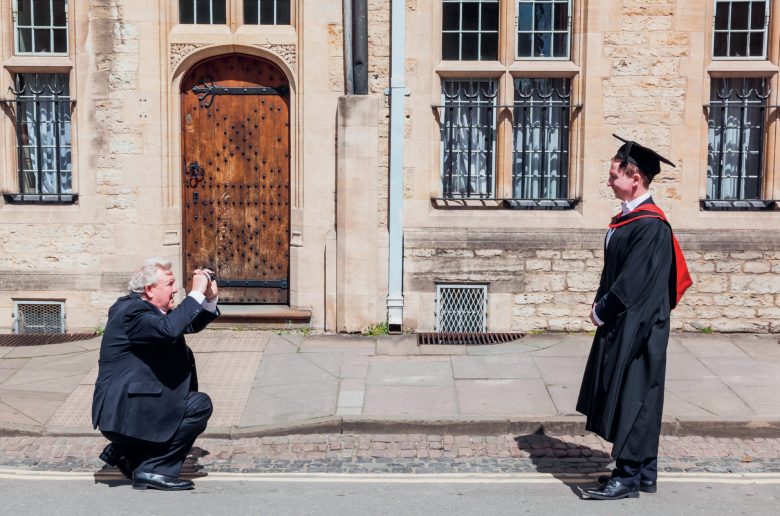As sociology students, you will be familiar with the so-called ‘secularisation debate’, particularly the problems associated with interpreting the evidence regarding whether, at least in the Western world, people are becoming less ‘religious’. There are usually two strands to this evidence: the extent to which people ‘believe’ and the extent to which they ‘practise’. The development and growth of the internet presents sociologists with a further area to explore in terms of the nature and extent of secularisation, namely religion in cyberspace.
Virtually all religious groups now have a presence on the web.This means not only official and unofficial sites for the major religions and denominations, but also groups representing forms of Wicca, paganism and various types of ‘New Age’ spirituality.
Your organisation does not have access to this article.
Sign up today to give your students the edge they need to achieve their best grades with subject expertise
Subscribe





